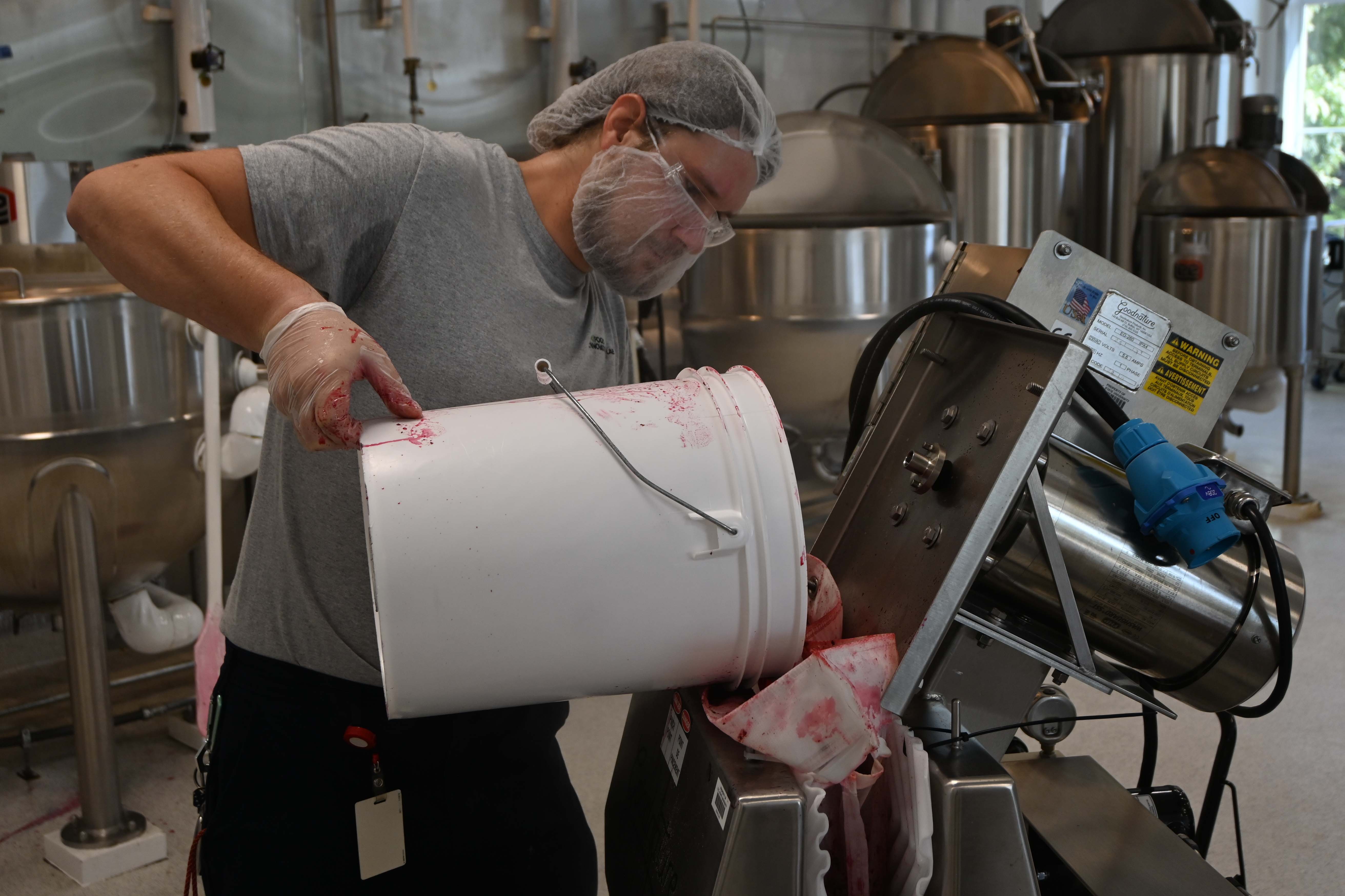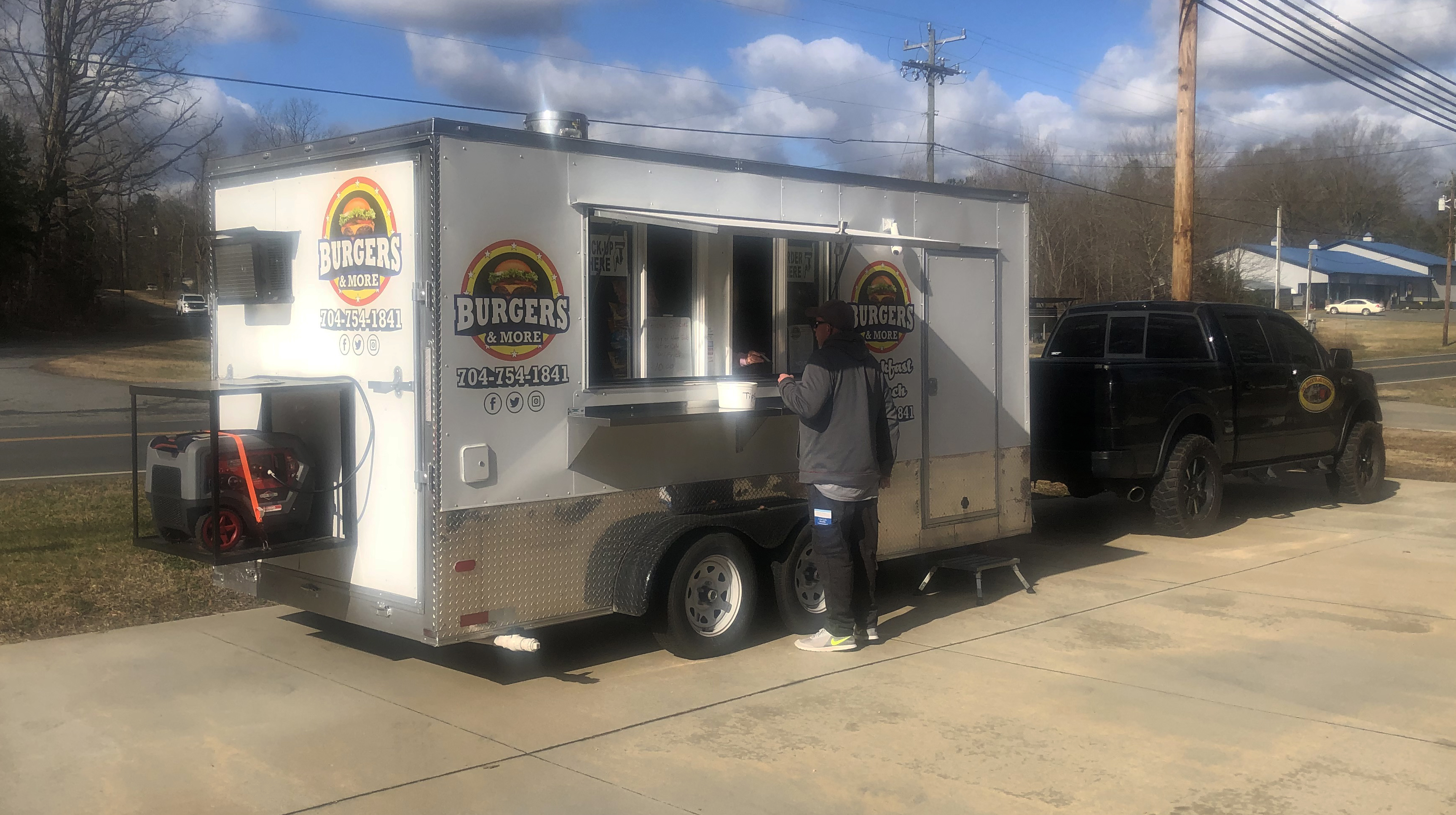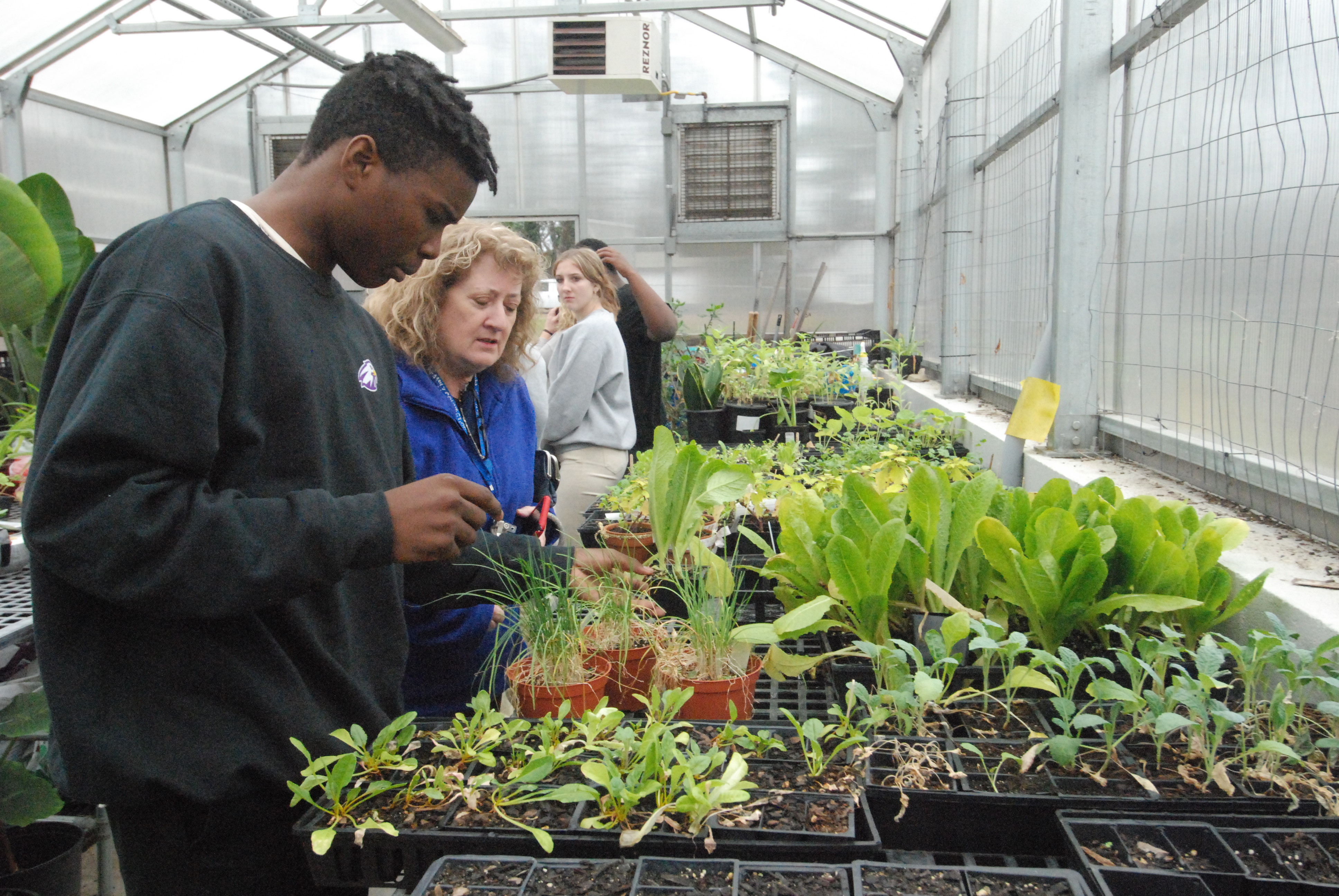Degree column: Grill safely this summer
Published 12:00 am Wednesday, May 9, 2012
s warmer weather approaches, grills begin to heat up — although more than half of Americans say they cook outdoors year round. So whether the snow is blowing or the sun in shining, it’s important to follow food safety guidelines to prevent harmful bacteria from multiplying and causing food-borne illness. Remember that from moment you purchase food until the time it is consumed there is potential for cross-contamination as well as time and temperature abuse. Continue reading as I walk you through each phase of barbecuing from start to finish.
At the store: When shopping, purchase cold food such as meat and poultry last or right before checkout. Be sure to separate raw meat and poultry from other food in your shopping cart, which is a safeguard against cross-contamination. Cross- contamination occurs when raw meat or poultry juices drip on to other food. Always put raw meat and poultry in plastic bags.
From store to home: Plan to go directly home following your grocery store visit. Perishable foods need to be refrigerated within two hours or one hour if temperatures are 90 degrees or above. Once at home, place meat and poultry in the refrigerator immediately. If you are not planning to use poultry or ground meat within a day or two, freeze. Freeze other meat within 4 to 5 days.
Thaw Safely: Completely thaw meat and poultry before grilling; it will cook more evenly. Use only these methods to thaw: refrigerator, cold water, or microwave. Use the refrigerator for slow safe thawing, but be sure that meat juices do not drip onto other food. Use cold water for faster thawing; place food in a leak-proof plastic bag and submerge in cold tap water. Change the water every 30 minutes. Cook immediately after thawing. Microwave cook meat or poultry immediately after microwave thawing.
Marinating: Marinades are savory acidic sauces in which a food is soaked to enhance its flavor or to tenderize it. Marinate food in the refrigerator, not on the counter. Poultry, cubed meat or stew meat can be marinated up to two days. Beef, veal, pork, and lamb roasts, chops and steaks may be marinated up to five days. You may choose to reserve a portion of the marinade as a sauce while cooking; however if the marinade used on raw meat or poultry is to be reused it must be boiled. Make sure to let it come to a complete boil first to destroy any harmful bacteria; do not use otherwise.
Transporting: When carrying food to another location, keep it at a safe temperature. Keep cold foods cold and hot foods hot. Cold foods should be kept below 40 degrees to minimize bacteria growth. Use an insulated cooler with sufficient ice or ice packs; a best practice is to pack food right from the refrigerator to the cooler immediately before leaving home. After cooking meat keep it hot until served at 140 degrees or warmer.
Keep Everything Clean: Be sure to have plenty of utensils and platters on hand. Do not use the same utensils and platters for both raw and cooked meat. Raw meat and poultry may contain harmful bacteria that can contaminate safely cooked meat.
Cook Thoroughly: Cook food to a safe minimum internal temperature to destroy harmful bacteria. Invest in a food thermometer to be sure that food has reached a safe minimum internal temperature. See temperature table below for correct temperatures for meat.
Safe minimuminternal temperatures
• Whole poultry: 165
• Poultry pieces: 165
• Ground poultry: 165
• Ground meats: 160
• Beef, pork, lamb, and veal (steaks, roasts and chops): 145 degrees and allow to rest at least 3 minutes.
Additional Tips:
Precooking food partially in the microwave, oven or store is good ways to reducing grilling time, just make sure that foods goes immediately onto a preheated grill to complete cooking.
When reheating fully cooked meat like hot dogs, grill to 165 degrees or until steaming hot.
For more information about barbecuing and food safety you may call me or visit the USDA website at:
http://www.fsis.usda.gov/Fact_Sheets/Seasonal_Food_Safety_Fact_Sheets/index.asp or you may also call the USDA Meat & Poultry Hotline at: 1-888-MPHotline or 1-888-674-6854.
Toi Degree is a family and consumer education agent with the NC Cooperative Extension Service in Rowan County. She may be reach at 704-216-8970 or toi_degree@ ncsu.edu.





